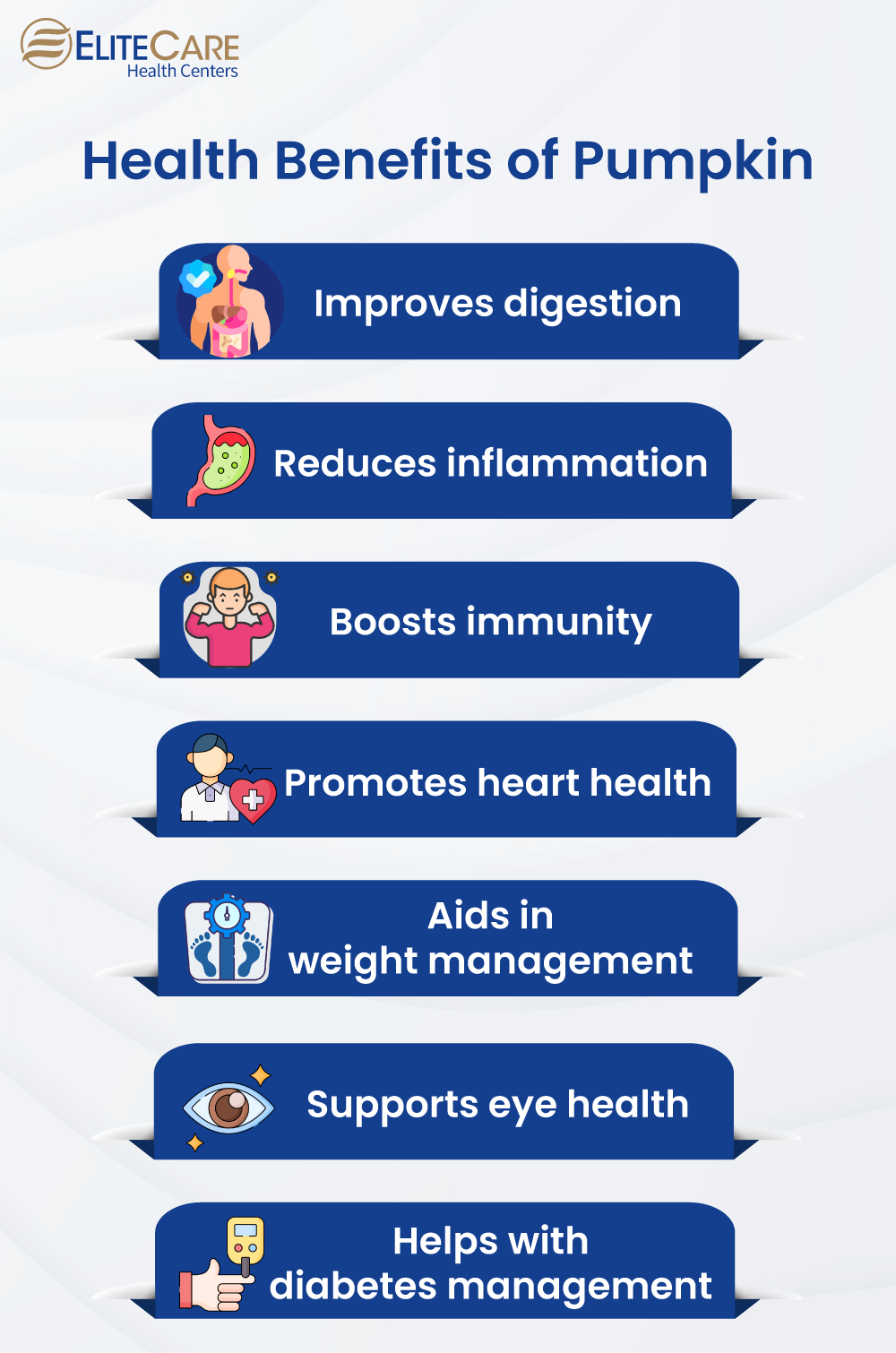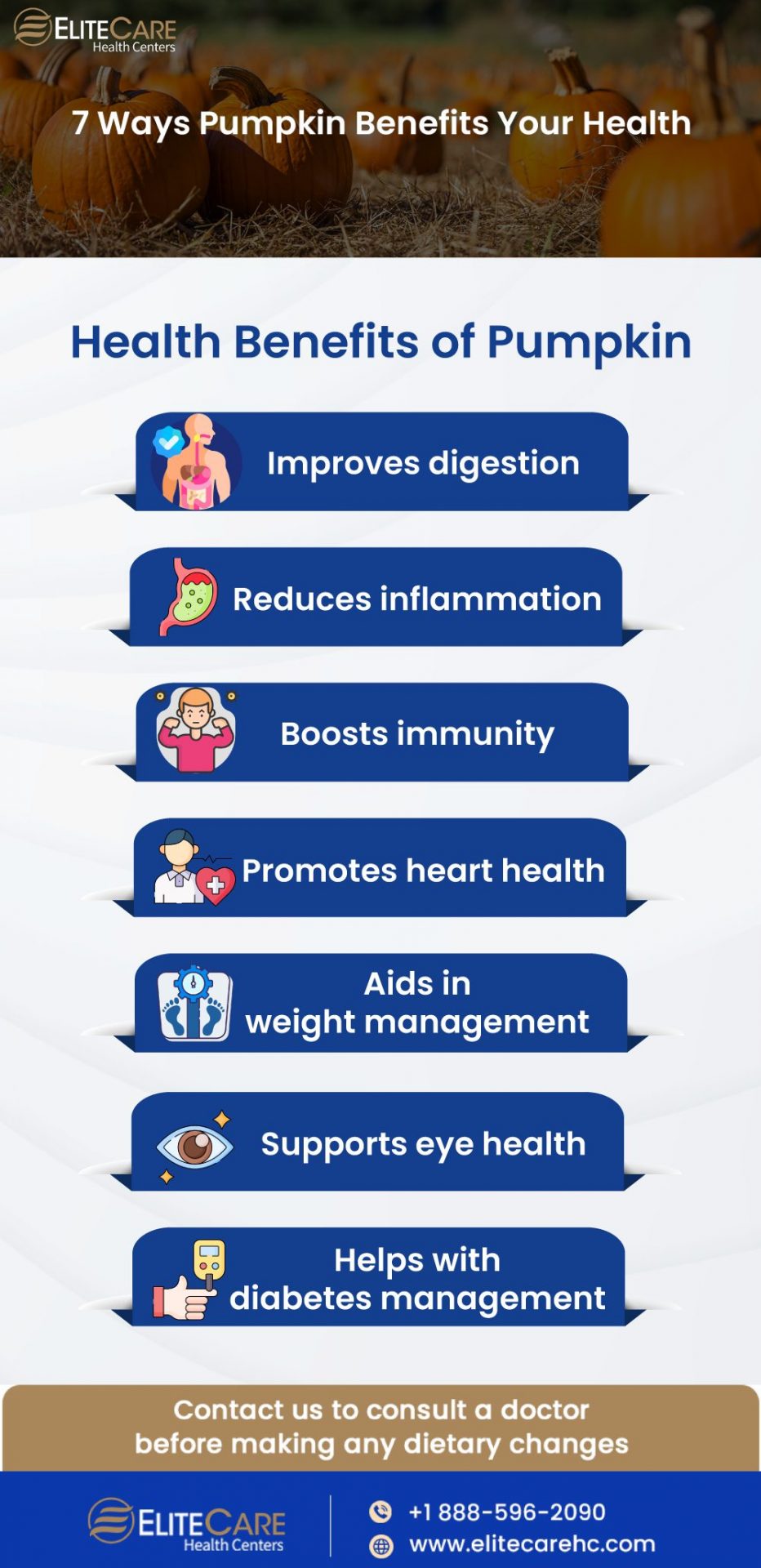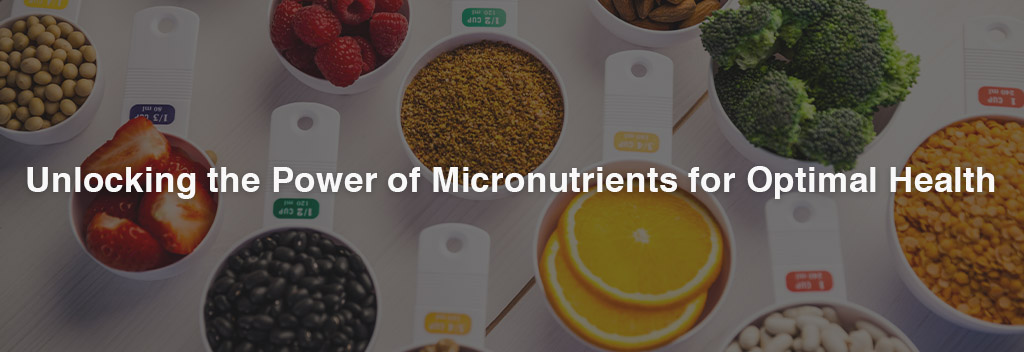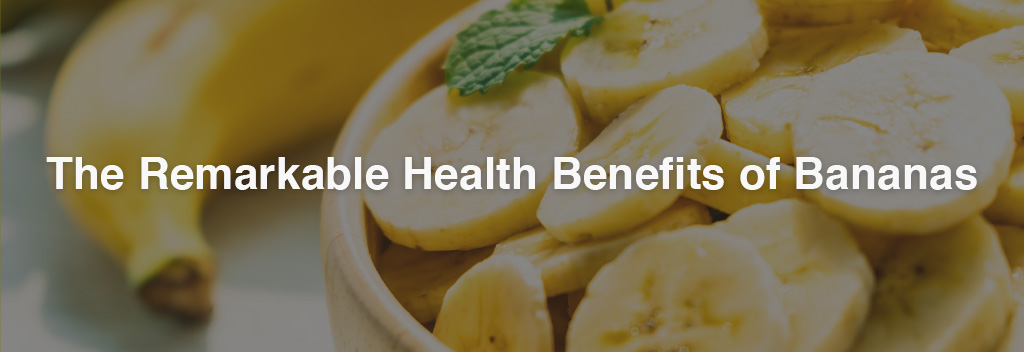Pumpkin is a versatile vegetable that is high in fiber, vitamins, and minerals, making it an excellent addition to a healthy and balanced diet. In this blog post, we will explore the health benefits of pumpkin and how it can be incorporated into seniors’ diets.
Nutrient Profile of Pumpkin
- Calorie: 26
- Protein: 1 gram
- Carbohydrates: 6 grams
- Fiber: 2 grams
- Vitamin A: 246% of the recommended daily value (RDV)
- Vitamin C: 19% of the RDV
- Potassium: 16% of the RDV
- Iron: 2% of the RDV
How Much Pumpkin Should Seniors Have?
Older adults can consume around 1.5 to 2 cups of fruits and vegetables every day, including pumpkin. However, serving sizes may vary depending on individual needs and health conditions. It is wise to consult a healthcare provider or a certified dietitian for personalized nutrition recommendations.
7 Health Benefits of Pumpkin

1. Improves digestion
Pumpkin is a healthy source of dietary fiber, which helps maintain good digestive health by promoting regular and healthy bowel movements. Additionally, pumpkin contains a high amount of water, which helps with hydration and relieves constipation.
Besides, pumpkin also contains a few enzymes that are beneficial for digestion. Amylase and protease are two such enzymes that aid digestion by breaking down carbohydrates and proteins. Also, the antioxidants in pumpkin help reduce inflammation in the digestive tract, reduce digestive discomfort and prevent digestive disorders such as irritable bowel syndrome.
2. Reduces inflammation
In addition, pumpkin is high in dietary fiber that binds to inflammation-causing toxins in the digestive tract and moves them out of the body.
3. Boosts immunity
Furthermore, pumpkin is a healthy source of fiber that supports gut health. By protecting the body against invaders, healthy gut microbiomes play a crucial role in building a strong immune system.
4. Promotes heart health
Beta-carotene and other carotenoids found in pumpkin are powerful antioxidants that help reduce inflammation and protect against heart disease and stroke. Pumpkin is also a rich source of fiber, which can help maintain cardiovascular health by regulating cholesterol levels.
Furthermore, pumpkin is rich in potassium, which helps regulate blood pressure levels and reduce the risk of heart disease.
5. Aids weight management
Pumpkin is a low-calorie food that can aid in weight management. It is a good source of dietary fiber, which can keep one full for longer and reduce overeating. Additionally, the high-water content of pumpkin helps to promote hydration and reduce hunger cravings.
6. Supports eye health
In addition, pumpkins are also rich in vitamin A, an essential nutrient that helps maintain the integrity of the cornea and the conjunctiva of the eyes. Doctors also recommend including pumpkin seeds in seniors’ diets as a source of zinc, essential for protecting the eyes from harmful UV rays.
7. Helps manage diabetes
Pumpkin is a low glycemic index (GI) food, useful in preventing a sudden spike in blood sugar levels. It is also a good source of minerals such as potassium, magnesium, and zinc, which can help manage diabetes.
Studies have shown that pumpkin is more effective for people with type 2 diabetes. In one study, participants who had 100 grams of pumpkin per day for three months reported a significant decrease in their fasting blood glucose levels. However, it still requires more research to clinically prove the benefits of pumpkin for diabetes management.
How to Include Pumpkins in Your Diet
- Add to smoothies: Pumpkin can be a great addition to smoothies to give them a creamy texture. Simply blend pumpkin puree with seasonal fruits, milk, or yogurt and make a nutritious smoothie. Use pumpkin seeds as a topping to add some crunch to it.
- Use in salads: Fresh pumpkin or pumpkin puree can be added to salads for a crunchy texture and a burst of flavor. Add some roasted pumpkin seeds for a nutty flavor to salads.
- Prepare delicious soups: There are a variety of soups like creamy pumpkin soup, spicy pumpkin chili soup, etc., you can make with pumpkin.
- Bake sweet treats: Make a wide range of sweet treats like pumpkin pie or pumpkin muffins. Mix pumpkin puree with a whole flour, spices, and other ingredients, and bake until golden and fragrant.
- Eat as a side dish: Pumpkin can also be roasted, grilled, or steamed and served as a side dish with simple seasonings like spices, oil, some herbs, salt, and pepper.
Conclusion
Pumpkin is a highly nutritious vegetable that offers a wide range of health benefits. However, excessive intake of pumpkin can lead to certain side effects. Eating too much pumpkin can result in gastrointestinal discomfort like bloating due to its high fiber content. It can also lead to hypervitaminosis A, a condition caused by excessive intake of vitamin A and shows symptoms like nausea and dizziness.
It is crucial to consult a healthcare professional before making any changes to the diet plan. Contact EliteCare Health Centers, one of the best centers for primary care and medical clinics in Florida, and consult a primary care physician for personalized nutrition recommendations.






